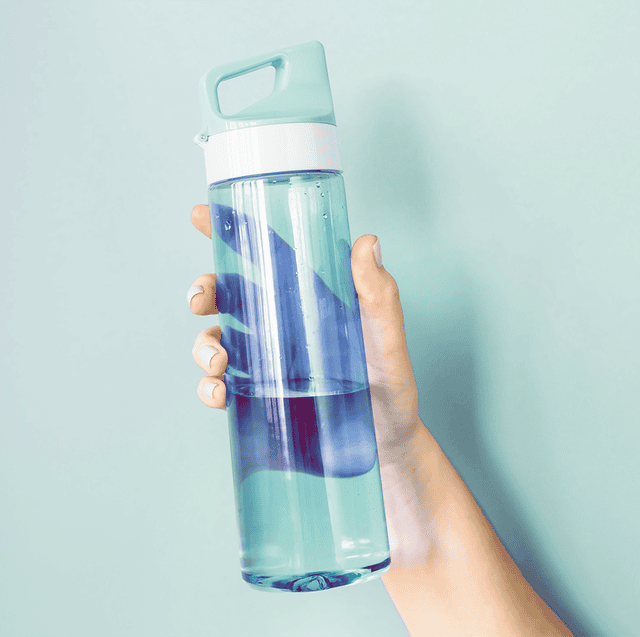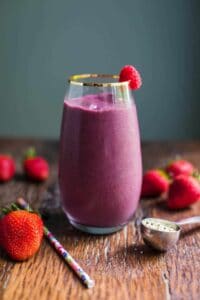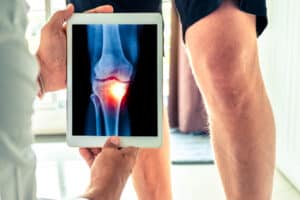The human body is made up of approximately 75%, water. Water is important for every function. Cells, muscles and tissues are composed of water, and they are responsible for keeping your organs and systems in efficient working order. So, with the weather warming up, it’s the perfect time to make sure that you are keeping your body well hydrated.
Some key functions of water:
● Water is the medium in which all metabolic reactions occur in our body. From muscular activation to energy generation and even the proper function of the nerve signals, water is a key player in all our body’s functions.
● Water maintains a constant body temperature regardless of the ambient temperature and activity. By absorbing heat, distributing it among the liquid compartments of the body, and removing it through the skin through the evaporation of sweat, water keeps the body temperature within a very narrow range.
● Water acts as a lubricant in the mouth (saliva), eyes (tears) and joints (synovial fluid), protects and promotes mucous membrane cleansing, and prevents injuries and fractures by adding flexibility and elasticity to tissues. Furthermore, by ensuring there is more of a cushioning effect with well lubricated and hydrated joints, the rate of degeneration of the joints can be reduced as will your potential reported back pain episodes. Healthy hydrated joints means pain free joints!
So how much should you drink?
● As a general rule, men need about 10 cups of fluids every day and women need about 8 cups (add another cup a day if you are pregnant or breastfeeding). Babies need 0.7 to 0.8 litres of fluid a day from breast milk or formula, while children need between 4 cups (for 1-year-olds) and 6 to 8 cups a day (for teenagers). (In Australia, 1 cup is equivalent to 250ml)
● However this amount is only a guide. You should always factor in the variables that could affect this for example, the ambient temperature and the type of work or exercise you are doing. So 1 hour of gardening in the middle of winter is not going to deplete your water stores to the extent of 1 hour in the middle of summer.
● As a general rule, make an effort to consume smaller amounts regularly and not just waiting until you feel thirsty as often by this stage you may be on your way to dehydration! Happy Hydrating!!!

https://media.healthdirect.org.au/images/inline/original/water-and-your-health-v2-9ec4a5.png
References:
● https://www.healthdirect.gov.au/drinking-water-and-your-health
● https://www.ncbi.nlm.nih.gov/pmc/articles/PMC6723611/
● https://www.betterhealth.vic.gov.au/health/healthyliving/Exercise-the-low-down-on-water-and-drinks





